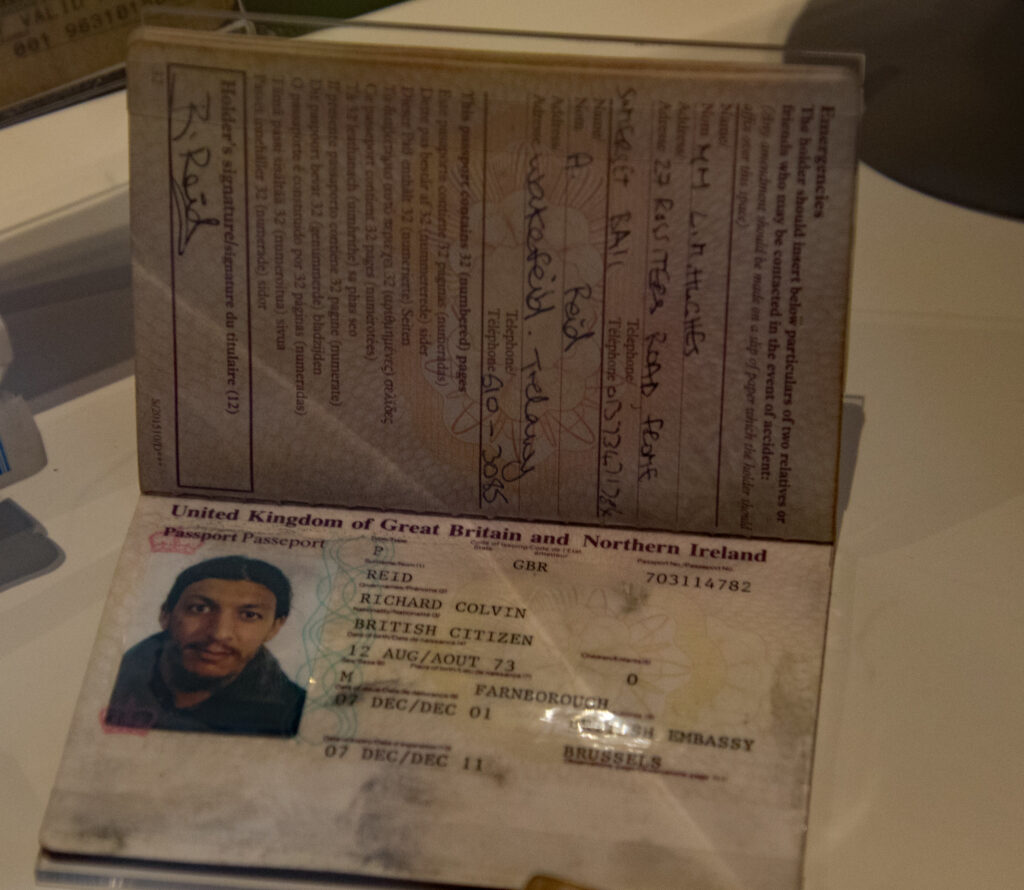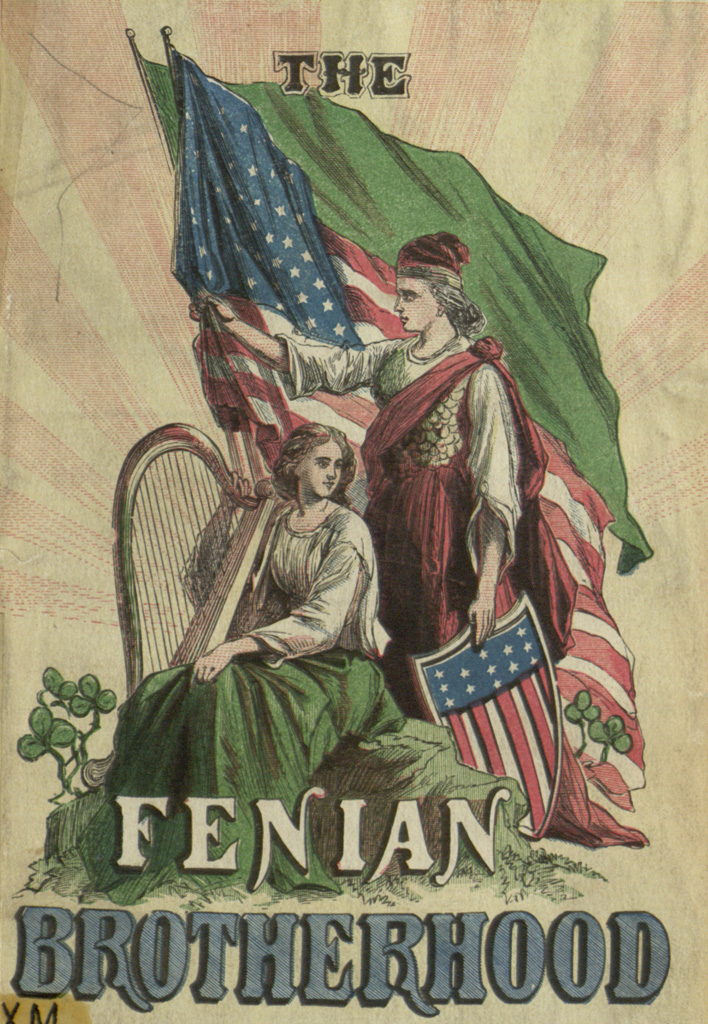CHESTER BARRACKS, UK – Some terrorist groups carry out violence in many lands at the same time.
As we continue to obsess about terrorism in this ‘post-9/11‘ world it is clear that not all terrorists, nor terrorist groups, are cut from the same cloth. Some organisations, and yes they do merit the description as ‘organisations‘, are well-run, well-financed and capable of carrying out attacks in many places over a span of years. In this category I’d put Al Qaeda (AQ), Islamic State (ISIS) and Boko Haram, all of which happen to be Islamist terrorists.
Then there are those which are anything but successful. They have a poor track record, have done next to nothing (that could change of course) and, at least to my mind, do not really qualify as terrorist groups. The Proud Boys comes to mind in this regard.
This extends to individual wannabes as well. We have seen those who seek to carry off spectacular acts of terrorism only to fail equally as spectacularly. Putting a bomb in your shoe (Richard Reid) or, gulp!, your underwear (Umar Farouk AbdulMutallab) ain’t a smart move.

What if I told you that a terrorist outfit had some degree of success spanning continents in mid- to late 19th century?
I am referring here to the Fenians, a bunch of Irish nationalists which were essentially the precursors to the Irish Republican Army (IRA). They were active in Canada, the US and the UK for decades beginning in the 1960s. I covered their terrorist campaign in Canada in my latest book The Peaceable Kingdom.
On this day in 1881
Fenians exploded a bomb at the Chester Barracks in Chester, England: there were no casualties. This attack was one of a series that spanned more than a decade. It happened to coincide with recent developments in explosives.
The problem of dealing with Fenian conspiracies may thus be stated; Fenians plot everywhere in the United States, on the continent and in the United Kingdom and they endeavour to carry out these plots in different parts of the United Kingdom.
UK Home Office memo
That the Fenians were so active for so long in so many locales says something about their dedication to an independent Ireland. They may not have killed many people, nor achieved their goal, but they did lay the groundwork for what eventually did transpire as the Republic of Ireland.
Read More Today in Terrorism
May 31, 1906: Spanish anarchist bombs royal wedding
On May 31, 1906 a Spanish anarchist threw a bomb hoping to hit King Alfonso XIII, killing 24 and wounding more than 100.
May 30, 2009: Anti-government group bombs TV station in Ecuador
On May 30, 2009 two pamphlet-bombs exploded outside an Ecuadorian TV station and ministry: no victims or significant damage ensued.
May 29, 2016: ISIS uses chlorine gas in terrorist attack
On May 29, 2016 35 civilians were wounded in an ISIS attack using rockets containing chlorine gas in Iraq’s Nineveh Province.

